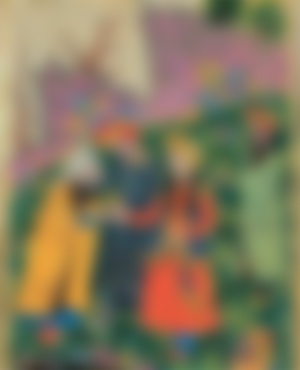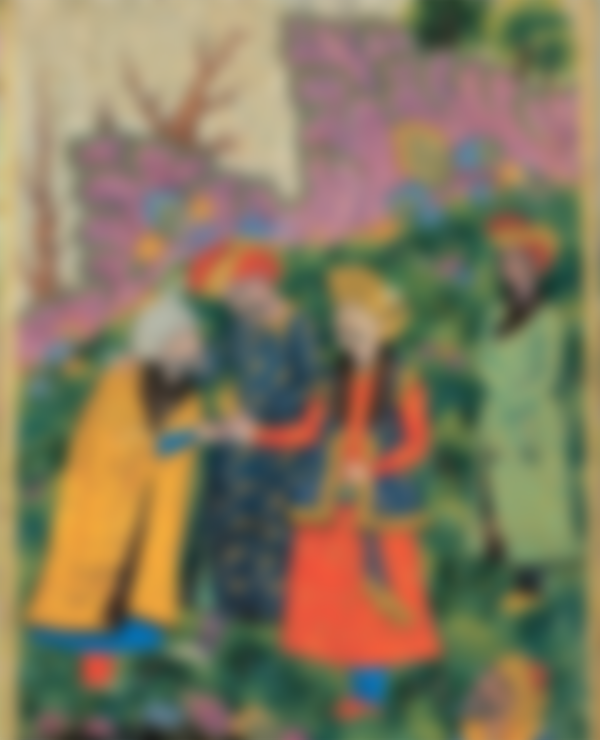Quizzes & Puzzles 14
Some new problems with which to exercise the brain. But first a look at answers and solutions to Quizzes & Puzzles 13. New problems below the image (cartoon).
Answer to Quiz 13:1
What was the name of the crocodile god of old Egypt?
It was Sobek.
You can read about Sobek and the sacred city Crocodilopolis in my article, The Sacred Crocodiles of Egypt. More about crocodiles and Ancient Egypt is found in The Crocodile, a Symbol of Egypt?, in which I discuss the meaning of the crocodile for Cleopatra and the Ptolemaic Dynasty in general.
Answer to Quiz 13:2
Which of the following is a genuine nut?
Coconut?
Pistachio?
Walnut?
Peanut?
Almond?
The correct answer is that none of these is a true nut.
Peanut is more a pea than a nut; it is a legume, related with beans and peas. The others are drupes.
Examples of true nuts are for instance hazelnut and chestnut.

Answer to Quiz 13:3
There are different legends about the foundation of Rome. One of the best known stories attributes the foundation of this city to a pair of twins. What were their names?
The twins were Romulus and Remus. Romulus murdered Remus (or had him murdered) – an example of a recurring theme in mythologies: fratricide (compare Cain & Abel). The story is long and beyond the scope of this post.
Answer to Quiz 13:4
Who was the first ruler who used the title “Sultan”?
It was Mahmud Ghaznavi (979-1030), the Ghaznavidian Sultan in Ghazni, in Afghanistan. He also founded the Indian Delhi Sultanate.
The image below shows Mahmud Ghaznavi (the man in red). It's a painting by Kamal-ud-din Bihzad (Persian artist from about 1450-1535).

You can read more about Mahmud Ghaznavi and the Sultan title in Muslim Titles: Caliph, Sultan, Vizier.
Answer to Quiz 13:5
What is the most common metal on Earth (in the crust)?
It is Aluminium.
Answer to Quiz 13:6
Many animals have something called Jacobson's organ, what function is it involved in?
Smelling. It detects odour particles being moist-borne, contrary to airborne particles, which are detected by olfactory sensory cells in the nose – what we commonly call smelling.

And now some new exercises for brain & memory...
Quiz 14:1
Which author wrote:
“I have great faith in fools — self-confidence my friends will call it.”
As a clue I can say that the quote is taken from “Marginalia”, which was published in 1844.
Quiz 14:2
There are many Roman Catholics here; let's see how much you know about papal heraldry. Pope Benedict XVI broke with tradition in a detail concerning papal symbols. He changed something. What?
Quiz 14:3
You have all seen or heard of rasta braids, dreadlocks. But why is it called “rasta”? From “Rastafarians”, okay, but what is the origin of that word?
Quiz 14:4
Last time I asked for genuine nuts, given that language and botany is sometimes in conflict. This time I will ask about berries. What's botanically a berry is not always what people call a berry. So look at the following and tell me which of these fruits are berries botanically. And note that I do not say how many they are.
Blueberry
Strawberry
Apple
Banana
Raspberry
Kiwi
Rowan berry
Cherry
Papaya
Quiz 14:5
When is a ring a square?
Quiz 14:6
All of you have read murder stories or seen crime series and movies; what is “rigor mortis” and how can it help in a criminal investigation?
You'll find answers and solutions in the next “Quizzes & Puzzles”.
Quizzes & Puzzles has its own label in my Index, where all issues of the series can be found.
In my INDEX, you can find all my writings on Read.Cash, sorted by topic.
Copyright © 2022 Meleonymica/Mictorrani. All Rights Reserved
(Cartoon by Christian Dorn/Pixabay, CC0/Public Domain.)
Other images:
Chestnut, by pixel2013/Pixabay, CC0/Public Domain.
Mahmud Ghaznavi, painting by Kamal-ud-din Bihzad, Public Domain.
My 5 most recent articles:
The Advantages of E-Publishing and Why It Is a Suitable Crypto Business
My Communities - Rules & Updates (May 2022)
Retrospection 15 – Summing up Nutrients & Dietary Supplements
Audiobooks & Radio Dramas: Only Substitutes for Real Books & Theatre?



All these quiz above is highly sensible, it develops intellectual skills